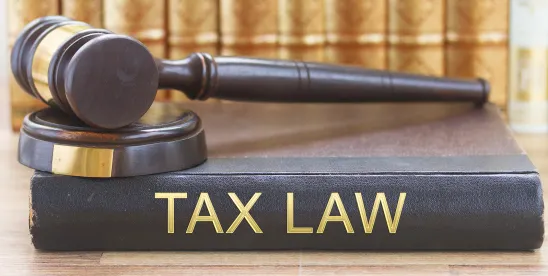President-Elect Donald Trump has not published a comprehensive tax plan as of the time of this writing, but he and Vice President-Elect J.D. Vance have made several proposals in campaign speeches, interviews and online. Though Trump has not articulated specific details, he generally supports making the tax cuts under the Tax Cuts and Jobs Act (TCJA) permanent, which includes extending the increased estate and gift tax exemption amount and maintaining a transfer tax rate of 40 percent.
On individual income tax, Trump has not provided details on whether he would further lower tax rates, but he has considered replacing income taxes altogether with increased tariffs. To the extent a personal income tax remains, Trump has proposed that tips, overtime pay, income earned by Americans living abroad and Social Security benefits should be exempt from income tax.
On long-term capital gains and dividends tax, Trump has not confirmed whether he supports reducing the maximum long-term capital gains tax rate from the current 20 percent to 15 percent.
On corporate income tax, Trump has endorsed reducing the current 21 percent rate to 20 percent, and even as low as 15 percent for corporations making products domestically. Trump is opposed to the clean-energy tax credits enacted under the Inflation Reduction Act of 2022.
On deductions, Trump has supported eliminating the $10,000 cap on deductions for state and local taxes (the so-called SALT deduction). Trump's position marks a reversal from his previous term in office, as it was he who imposed the $10,000 SALT deduction cap as part of the TCJA.
On tax credits, Trump has supported J.D. Vance's suggestion of a $5,000 child tax credit.





 />i
/>i

